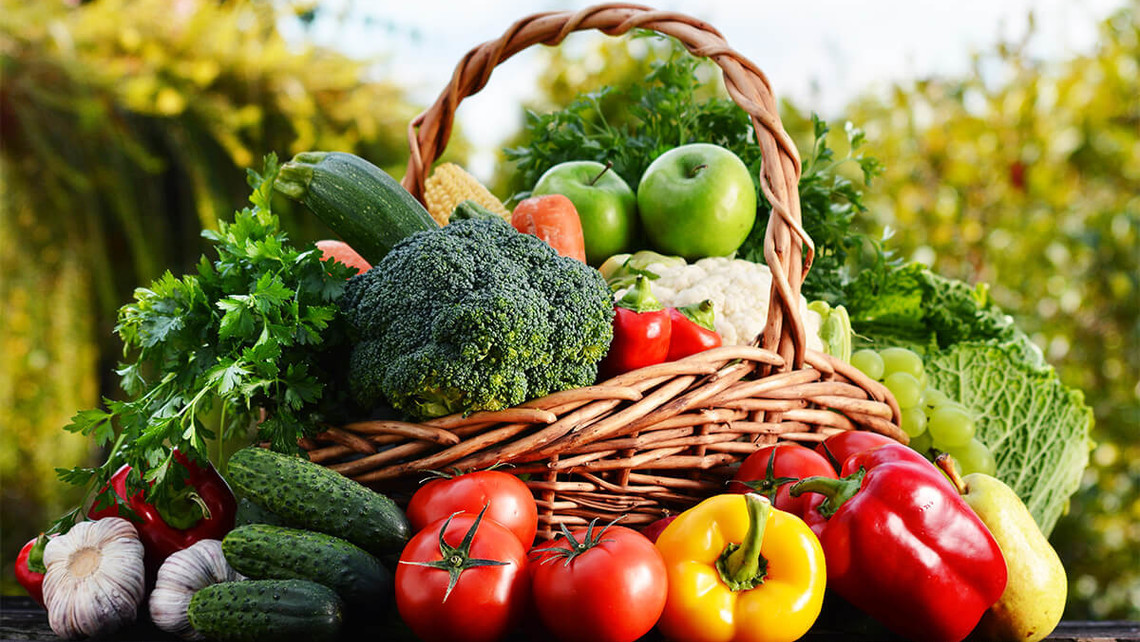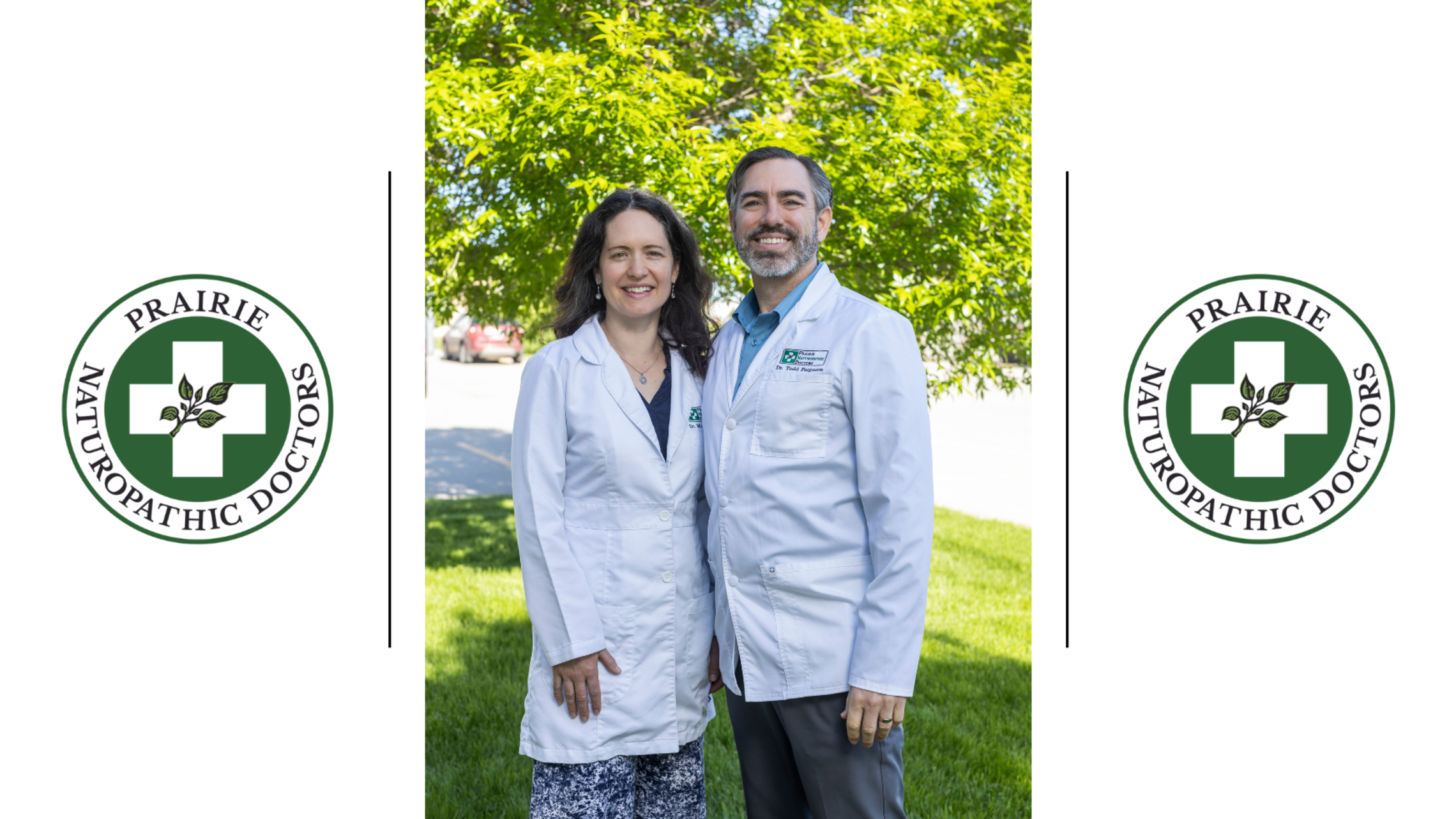When was the last time you pooped? I’ll wait…

Stop and think about it, how long has it been since you pooped? A day, or two or three or more!
Now if it’s been more than a day don’t go knocking yourself down, you are not alone. Many people struggle with constipation. Constipation is one of the most common gastrointestinal complaints in the United States. Difficulty with bowel movements is more common for elderly people, those who have poor diets, those who are highly stressed and generally those who are on immunosuppressive therapies such as chemotherapy. Constipation refers to hardening, difficulty or painful passing of the stool. What most people don't realize is that it's not only the lack or absence of a bowel movement, but even passage of multiple minimal stools can constitute constipation. Imagine, for a second, that you haven't had a bowel movement in two weeks. That's 14 days or 336 hours. What is the state of your digestive tract in that predicament? If we think about the role of digestion and elimination, there should be things going in and things going out. When we’re constipated, we continue to accumulate food products, but nothing comes out. This cannot be and is not a good thing. What results is the extra recycling of toxins and hormones, which wreak havoc on our bodies. If we're not properly eliminating our bowels, we’re simply adding to our internal toxic load. But guess what? There are many natural ways to help improve your digestive function and eliminate constipation.
Let’s start with pre- and probiotics. The intestines house a robust population of beneficial or “good” bacteria which aid digestion. Prebiotics (such as fructo-oligosaccharides (FOS)) are sugars that are fermented by beneficial bacteria. They have been shown to promote normal bowel movement and promote the “good” bacteria. Probiotics are essentially "good" bacteria that are needed to help the gastrointestinal tract function properly. Just as there are "good" bacteria, there are also "bad" bacteria. The idea behind using probiotics is that we are introducing "good" bacteria into our system so that they can flourish and populate in the gastrointestinal tract, and ideally compete with and outnumber those potentially "bad" bacteria. Probiotics such as Lactobacillus and Bifidobacterium are beneficial bacteria that can help increase the bowel movements to the appropriate frequency.
Along with pre- and probiotics, there are multiple nutrients that our bodies can utilize to help improve our digestion. One of our favorite nutrients to help constipation is magnesium. Magnesium is a wonderful little mineral that has many functions and is responsible for assisting over 300 enzymatic reactions in the body. Most of us are deficient in magnesium, so think about what happens to those 300 reactions that require magnesium. Your body will not function as optimally as it should, and that includes part of your digestive system. Magnesium is needed for maintaining BP, strengthening bones, liver detoxification, nerve and muscular function, which are vital for optimal digestive function. If you're constipated, and have difficulty sleeping, ask your provider about taking magnesium before bed.
Finally, let's talk about a few dietary changes and therapies to help bowel regularity:
1. Reduce cheese – Dairy products taste good but too much cheese may be constipating. In many people Dairy can be pro-inflammatory and increase mucous production.
2. Increase fiber – Most people have heard this, and we’ve all seen the Metamucil commercials on TV. Fiber is great for the digestive tract. Not only does it encourage the growth of beneficial bacteria, but it adds bulk to stool. Supplementation is not necessarily required to achieve adequate fiber intake. Fruits, veggies, beans, whole grains, and legumes are great sources of fiber.
3. Drink water – Water is needed for many functions in the body. Detoxification, nutrient transport, lubrication, and organ protection are just a few functions of water. Aim to drink half of your body weight (in fluid oz) each day. This is especially important when increasing fiber intake as adding fiber when water intake is not adequate could worsen results. The goal is bulk up the stool and make it pass as smoothly as possible.
4. Naturopathic Physiotherapy – our unique combination of contrasting hydrotherapy and electrical stimulation activates digestive enzyme production and the contraction/relaxation of the bowels necessary to move the stools. Done successively overtime the digestive system becomes healthier and more effective.
5. Colon Hydrotherapy (aka colonics) – introducing water into the large intestine (colon) and allowing it to flush back out can not only clean out the bowel but also exercise the bowel to work more effectively.
In short, our stool habits tell a story about how well our gastrointestinal (GI) system is functioning. GI health is essential to overall health. Now that you have a few tips at your disposal, give them a try and marvel at being a member of the daily pooper club!


